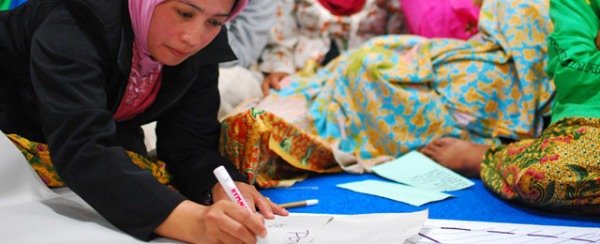Item Link: Access the Resource
File: Download
Date of Publication: November 17
Year of Publication: 2020
Publication City: Basel, Switzerland
Publisher: Springer Nature
Author(s): Matthew Schneider-Mayerson, Kit Ling Leong
Journal: Climatic Change
Volume: 163
Pages: 1007–1023
Media reports and public polls suggest that young people in many countries are increasingly factoring climate change into their reproductive choices, but empirical evidence about this phenomenon is lacking. This article reviews the scholarship on this subject and discusses the results of the first empirical study focused on it, a quantitative and qualitative survey of 607 US-Americans between the ages of 27 and 45. While 59.8% of respondents reported being “very” or “extremely concerned” about the carbon footprint of procreation, 96.5% of respondents were “very” or “extremely concerned” about the well-being of their existing, expected, or hypothetical children in a climate-changed world. This was largely due to an overwhelmingly negative expectation of the future with climate change. Younger respondents were more concerned about the climate impacts their children would experience than older respondents, and there was no statistically significant difference between the eco-reproductive concerns of male and female respondents. These and other results are situated within scholarship about growing climate concern in the USA, the concept of the carbon footprint, the carbon footprint of procreation, individual actions in response to climate change, temporal perceptions of climate change, and expectations about the future in the USA. Potential implications for future research in environmental psychology, environmental sociology, the sociology of reproduction, demography, and climate mitigation are discussed.
Download the full paper (post-peer-review, pre-copyedit version) from the link above.
The views and opinions expressed through the MAHB Website are those of the contributing authors and do not necessarily reflect an official position of the MAHB. The MAHB aims to share a range of perspectives and welcomes the discussions that they prompt.
